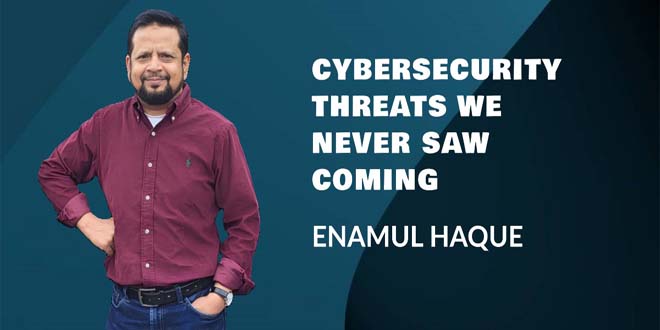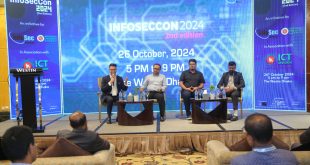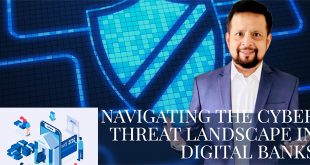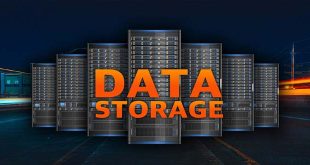As I sit down to write this article during Cybersecurity Awareness Month, I can’t help but reflect on the ever-evolving landscape of the digital world. We live in an era where our lives are increasingly intertwined with technology, and with that integration comes the growing threat of cyberattacks. Over the years, I’ve witnessed the rise of cybersecurity breaches and their devastating impact on industries, organizations, and individuals. Let me take you on a journey through my experiences and the insights that have driven home the importance of being cyber-aware.
Financial loss:
Imagine waking up one morning to find your bank account emptied, your credit score in ruins, and your savings wiped out. It’s not a scene from a scary movie; it’s a grim reality for countless victims of cyberattacks. The global average data breach cost has skyrocketed by 15% over the past three years, reaching a staggering $4.45 million in 2023. If that isn’t alarming enough, consider this: the healthcare industry bears the brunt of these attacks, with an average cost of $10.1 million per breach. And when we delve into the world of APIs (Application Programming Interfaces), we’re met with jaw-dropping figures – cyber losses ranging from $12 billion to $23 billion annually in the United States alone, with a global figure of $41 billion to $75 billion. These numbers aren’t just statistics; they represent cybersecurity breaches’ genuine, often life-altering consequences.
Data exposure:
In August 2023, the breach of PurFoods, an American meal delivery service, exposed the financial and medical data of over 1.2 million customers. It’s a stark reminder that our personal information is constantly at risk. The fallout from such breaches can be devastating, leading to identity theft, financial ruin, and untold emotional distress. It’s a chilling reminder that we must safeguard our data like never before in today’s interconnected world.
Consumer trust:
When a company falls victim to a cyberattack and customer data is exposed, it sets off a chain reaction that erodes trust in the brand. The aftermath can have long-lasting consequences on customer loyalty and the company’s reputation. Think about it – would you trust a business with your personal information if you knew they had suffered a major data breach? Probably not.
Operational disruptions:
Cybersecurity incidents aren’t limited to financial losses and data exposure; they can also wreak havoc on an organization’s day-to-day operations. Supply chains can be disrupted, customer service can grind to a halt, and the very core of a business can be shaken. The impact extends far beyond the digital world, affecting people’s livelihoods and the economy as a whole.
Regulatory compliance and legal repercussions:
To add salt to the wound, companies that fail to protect customer data may face legal penalties. Additionally, they may be required to make substantial investments in enhancing their security measures to meet stringent regulatory standards. These legal battles and compliance costs can further drain a company’s resources and tarnish its reputation.
In light of these sobering insights, it becomes abundantly clear why cybersecurity awareness is of paramount importance. It’s not just about protecting data; it’s about safeguarding our way of life in an increasingly digital world. Events like Cybersecurity Awareness Month serve as a crucial reminder that we must educate ourselves and our organization’s about the significance of cybersecurity. We must embrace better practices to prevent breaches and mitigate their impact.
As I conclude my journey into cybersecurity, I hope this article has sparked your curiosity and inspired you to take a more active role in securing our digital realm. Remember, in this age of technology, we are all guardians of our own digital fiefdoms, and together, we can build a safer, more secure cyber landscape for ourselves and future generations.
Writer:
Enamul Haque
Enamul Haque is a renowned author listed on Amazon, known for his best-selling works on cutting-edge technologies, including cloud computing, artificial intelligence, IoT, data science, and computer science. He is also a thought leader who provides technology advancement consultancy to Fortune 500 companies.
 InfoSecBulletin Cybersecurity for mankind
InfoSecBulletin Cybersecurity for mankind














